What is an angel investor?
When you’re growing your business, you might find that you reach a point that you need a bit more cash than you have available. It might be that you need to invest in equipment, your website or stock in order to take you to the next level. At that point, you’ll be looking at how you can secure the funds to take that step. You might look to your bank for a loan, or you might look for other kinds of finance – with one option being angel investment.
What is an angel investor?
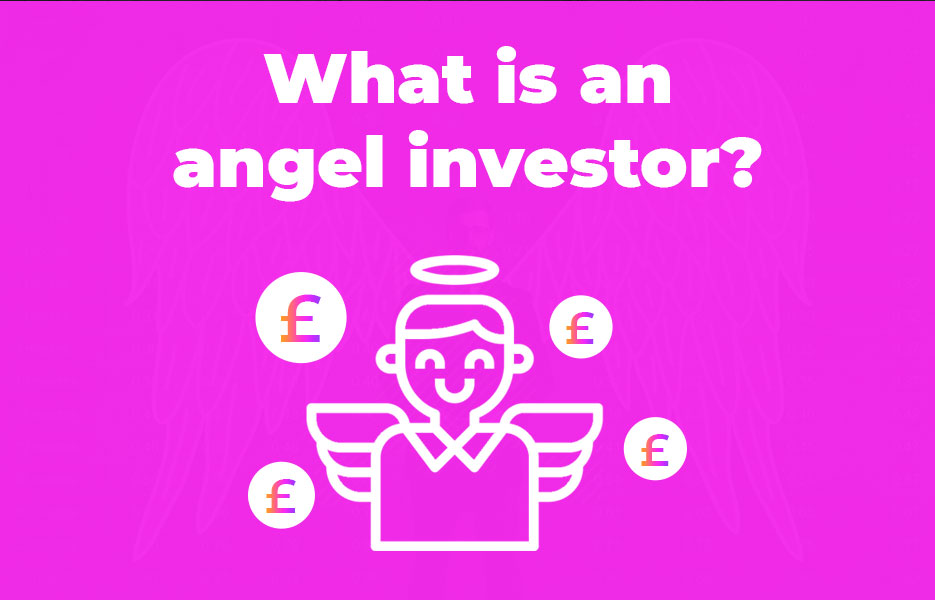
Angel investors are individuals that will invest cash in early stage or start-ups and are also known as an informal investor, private investor, seed investor, business angel or angel funder.
A typical investment is between £25,000 and £100,000, but can sometimes be higher, and the expectation is that they will receive an amount of equity ownership of the business in return. Where angel investors are well experienced in their field, they may be keen to provide guidance and advice to the start-up.
Many companies have worked with angel investors and succeeded, but big names you’ll have heard of include Uber, WhatsApp and Facebook – and look at where they are today! It is difficult to calculate the angel investment market, since so many angel investors are doing so privately.
Angel investment statistics (UK)
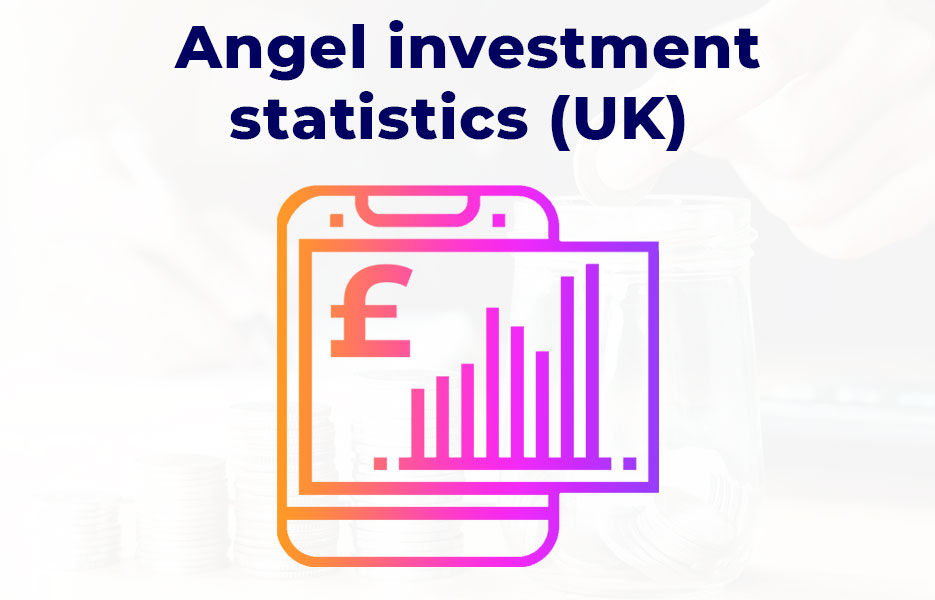
63% of angel investments are made in London and the South East
75% of business angels are aged over 45, and 21% are aged over 65
10 million British people think that because they don’t live in London, they cannot be an angel investor
10 million women believe it is hard to become an angel investor because of their gender
Almost 22 million British people do not believe that they have the credentials to become an angel investor, despite
41% possessing over £250,000 in investable assets
(Source)
Although the statistics don’t look like great on face value, it is estimated that angel investment is on an upward trend – with more than 100,000 extra investors across Europe between 2011 and 2018.
Who can be an angel investor?

In theory, any private individuals that are prepared to invest in your business, with no guarantee of returning the investment if the business fails could be called an angel investor.
However, in the UK, angel investment is regulated to protect both parties. Angel investors should be self-certified as either a High Net Worth or Sophisticated Investor, as defined by the FCA under the Financial Services and Markets Act 2000 (FSMA).
To become a certified High Net Worth individual, investors should have either a net income in excess of £100K, or have net assets in excess of £250K outside of pension fund assets and a private residence.
To become a certified Sophisticated Investor, investors should have at least one of the following:
- A director of a company turning over at least £1 million within the last two years
- Have made more than one investment in an unlisted company in the last two years
- A member of a network or syndicate of business angels for at least six months
- Have worked in the past two years in a professional capacity in the private equity sector or in the provision of finance for small and medium enterprises
Why are they called angel investors?
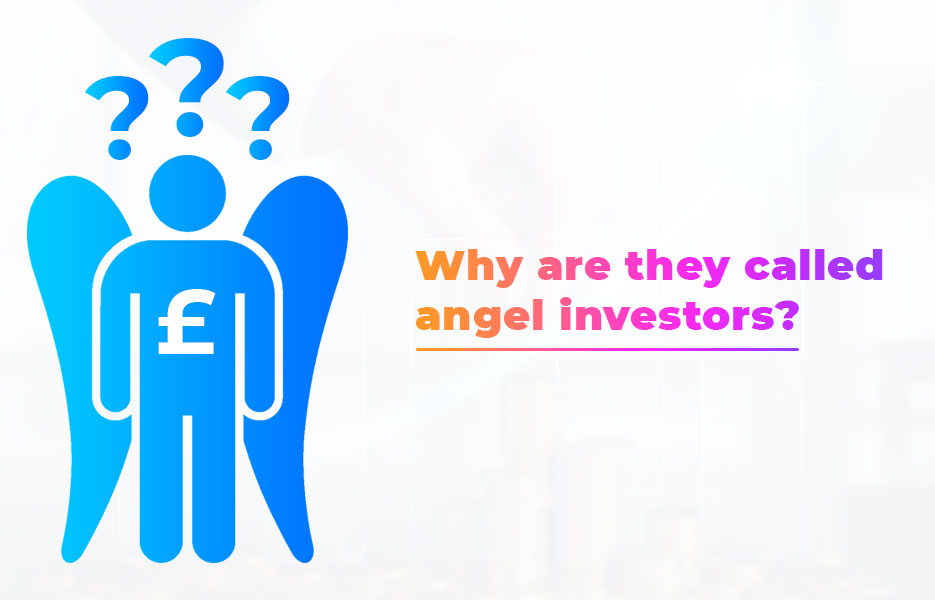
The term ‘angel’ is said to have originated from Broadway theatre – where private wealthy individuals would give money to help mount shows. They would then be repaid at the end of the show’s run. The term ‘angel investor’ was first used in business academia in 1978 when William Wetzel used it in his work on entrepreneurs raising capital for their businesses.
What do angel investors look for in a business?
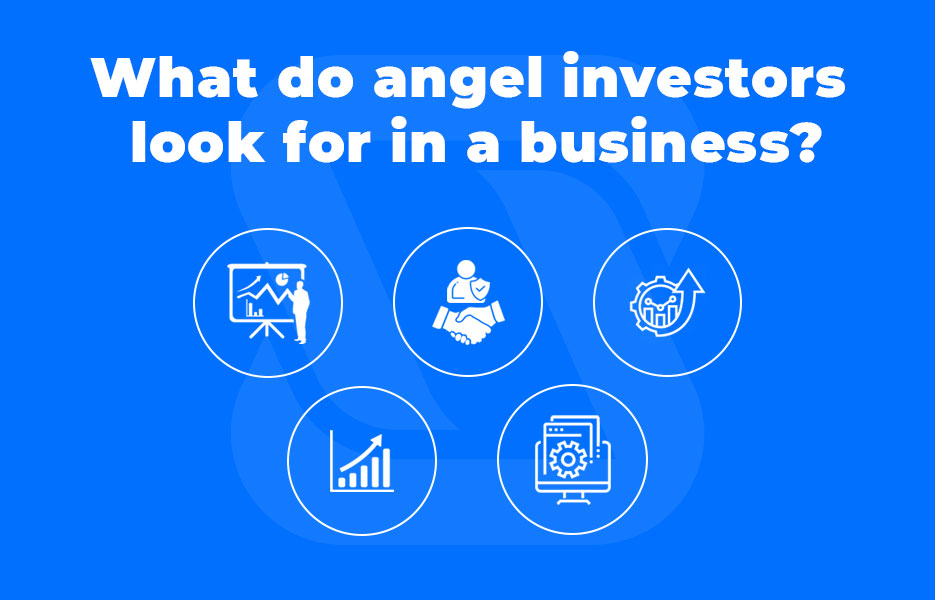
Like everything, there will be different issues for different investors. But as a general rule, angel investors are concerned with:
- The commitment and integrity of the founders to the business
- The opportunity the business presents and the chance of the business to grow extensively
- The business plan and evidence to suggest the amount of traction the business will have
- Technology or intellectual property that the business owns
- That the company has been valued appropriately and the investment has reasonable terms
- Whether there is a chance of additional financing being made available if sufficient progress is made
They may also look for a proposal for their exit strategy, or to establish when the business may be suitable for an acquisition or an initial public offering (IPO).
What do you need before you look for an angel investor?
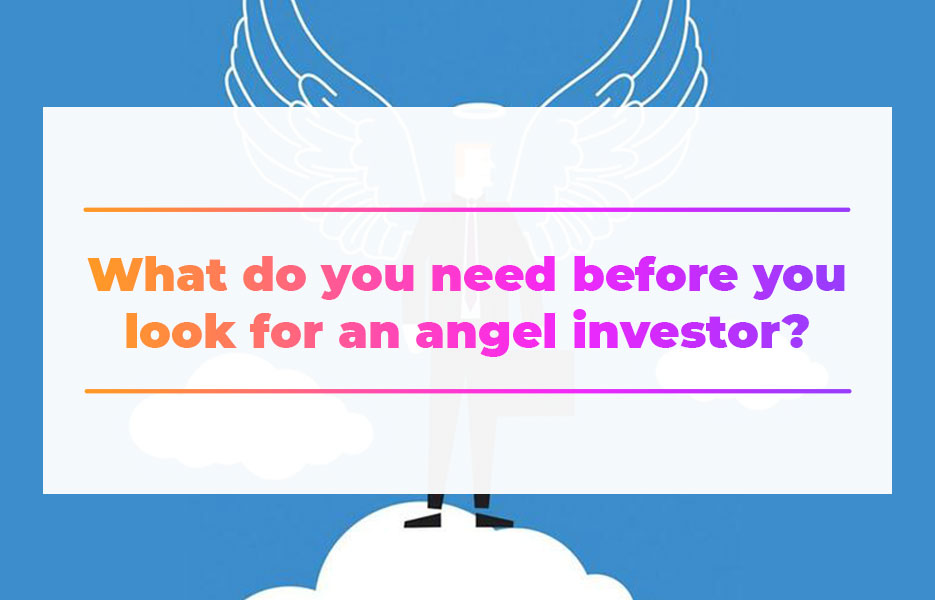
You’ll have your business proposition as a bare minimum, but ideally, your business will be up and running, and will be showing promise already in the start-up phase. If you’ve got that, then you’ll need:
- A great elevator pitch – a way of talking through your proposition in a few minutes
- An executive summary and a pitch deck – so that you can present your ideas clearly, in detail
- Your prototype or working model of your product or service so you can demonstrate
- Examples of your first customers and their success – show increased profit, output or another relevant metric
You’ll also need to have answers to key questions ready. Think about:
- How much capital you require
- How long will the cash investment last?
- What will be your burn rate each month?
- What are your financial projections for the next two years?
- What costs are required for the business?
- What are the likely gross margins?
- How will the company market the product or service?
- Is there a PR, advertising and social media strategy?
- What are the customer acquisition costs?
- How long is the projected lifetime of a customer?
Your investors will want to know details of your team, your experience in the field, and how you plan to scale the business, so be sure to have as much information as possible available. These aren’t the only questions that investors will be looking for, so be sure to do your research and have the answers to as many questions as possible.
Advantages of working with angel investors
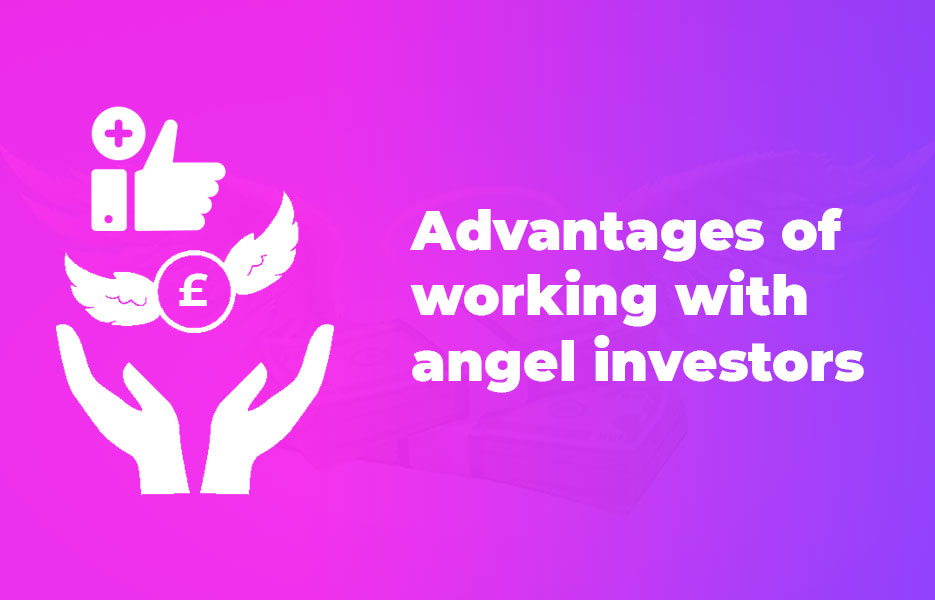
The major advantage of financing your business through angel investment is that it is significantly less risky than taking out financing from a bank or getting another kind of loan. If the business fails, the capital will not need to be paid – and angel investors know this and understand that their investment may not be quick to repay itself.
Many angel investors are looking for opportunities to share their expertise with new businesses in order to help them succeed, which can be an incredible thing for young businesses.
Challenges of working with angel investors
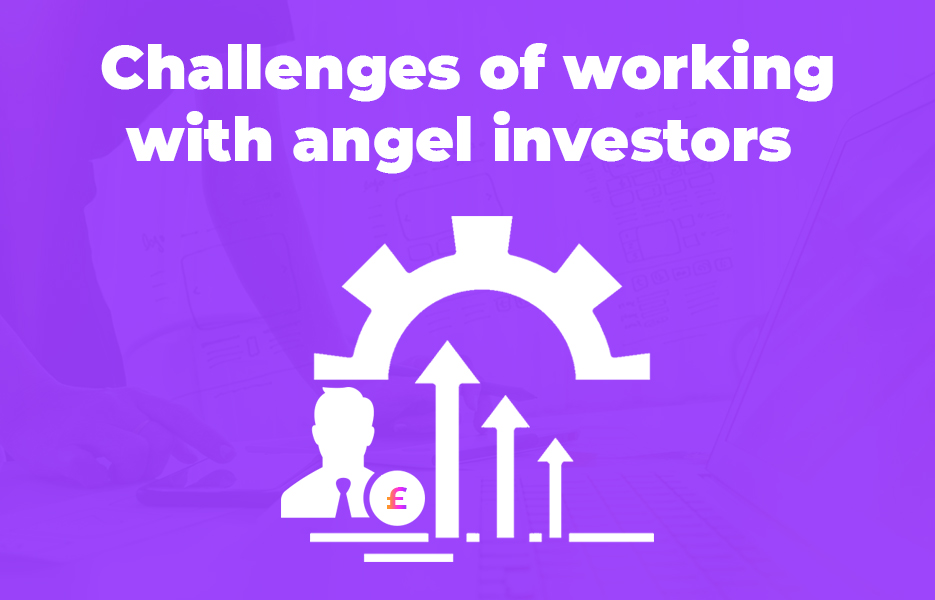
The biggest issue that may businesses have with using angel investors is the fact that they will lose overall control. Angel investors will have the ability to influence decisions, which may cause friction between them and the business.
If and when your business succeeds, the investor will take a portion of the profits – particularly if the business is sold. This will have an impact on the amount of profits available to reward the founders of the business, which again, can cause issues if things aren’t set out clearly whern the angel investor comes on board.
Where can you find an angel investor?
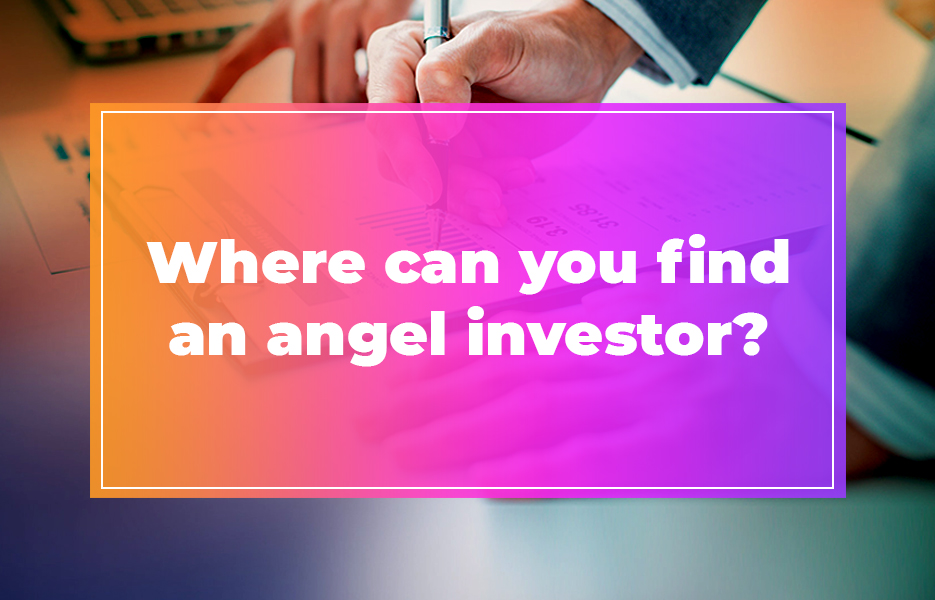
There are a number of ways that you can find angel investors for your business. Some of the most popular ways include:
- Talking to entrepreneurs
- Family and friends
- Angel
- Wealthy individuals
- Angel syndicates (groups of investors)
- Websites like AngelList
- Crowdfunding
- Venture capitalists and investment banks
- At the local Chamber of Commerce
How long does angel financing take?
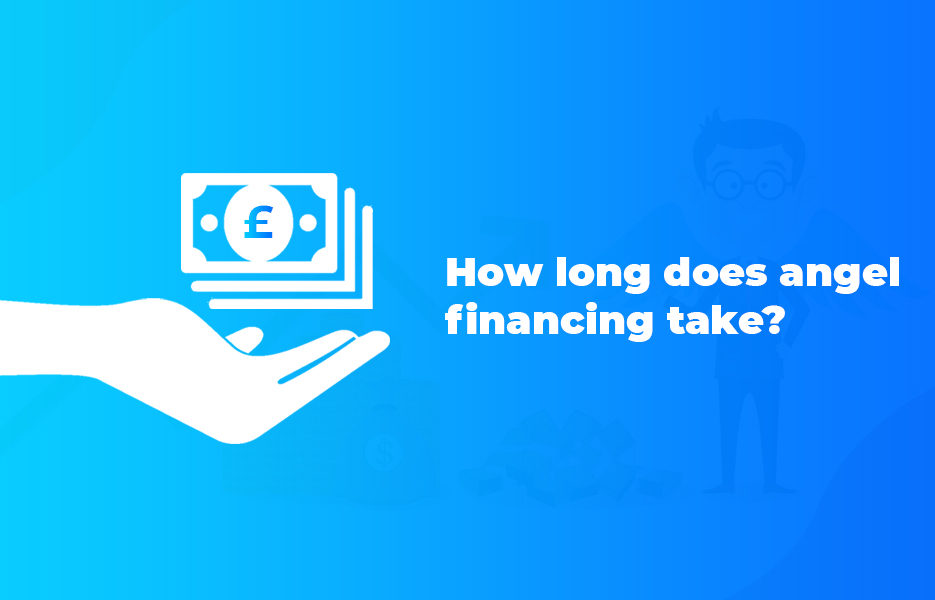
Generally it will take longer than you expect. So however long you think it will take, allow longer. You’ll need to find individuals who are interested in investing in your sector, and you’ll need meetings, due diligence (on both your part and your potential investors), negotiating terms you are both comfortable with and so on. Even if you find your angel investor pretty quickly, these things take time – especially if and when there are legal issues to be resolved.
Before you decide to work with an angel investor
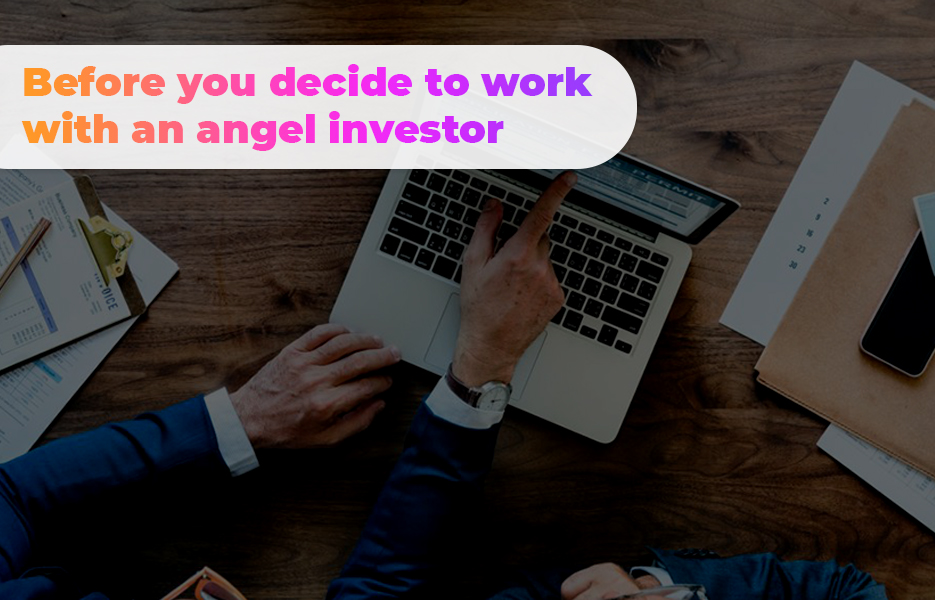
As with everything in business, it is never a good idea to agree anything without looking carefully at the terms. Your angel investor could be expecting to be very hands on, and wanting to take part in decisions you’re making – while you’re expecting them to just hand over their cash to invest. If you’re looking for advice and other types of assistance from your angel investor, you’ll need to be clear from the start how much you expect them to be involved.
Most importantly of all, before any decisions are taken or paperwork signed, legal advice should be taken.
Getting investment for a business is not for the faint of heart – but then, as you have probably already discovered, not much about business really is! Angel investors are just one option available to you, so be sure to do your research carefully to be sure that you’re making the right move.
- Angel investors will invest cash in your business to help it grow
- They may also look to be hands-on with your business in order to give the business the best chance
- Investors will look for a minimum stake in your business in return for their investment
- Unlike loan options, capital will not need to be repaid if the business fails
- Decisions should be taken carefully and legal advice should be sought before anything is signed
If you decide angel investment is the right thing for your business, we wish you the very best of luck!
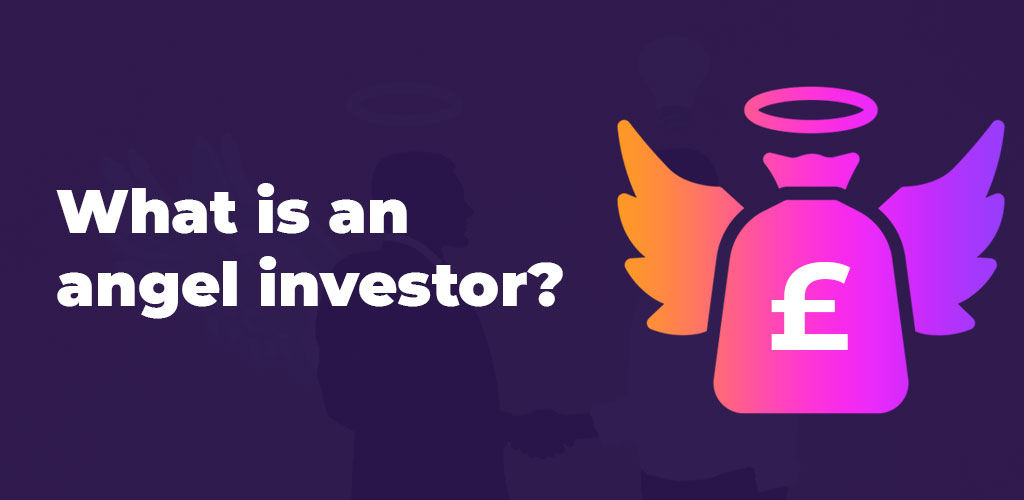

DropShip products from verified suppliers to diversify your inventory and scale your eCommerce business